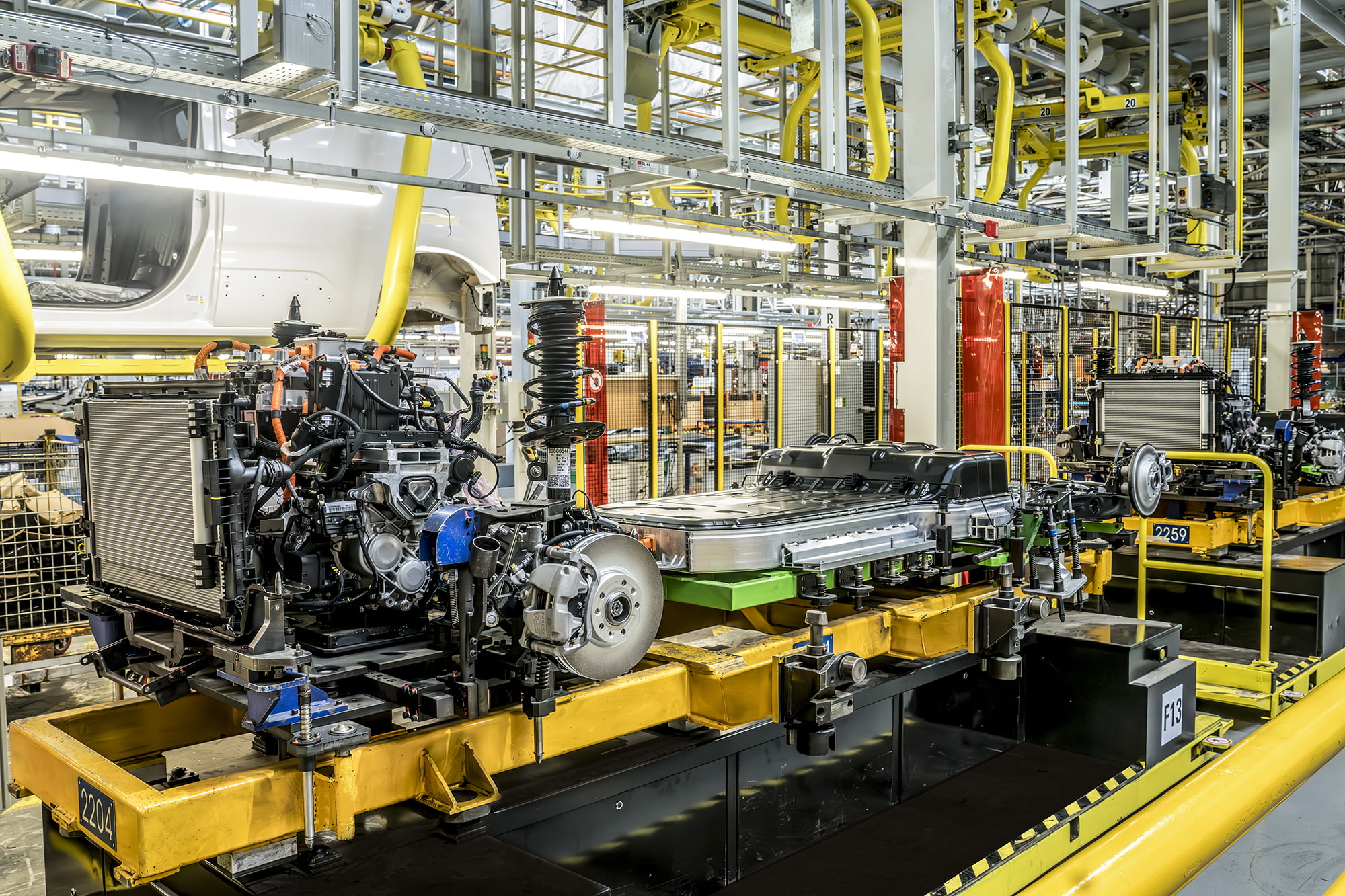
- Government urged to rethink fiscal policies to deliver on Industrial Strategy ambitions and secure UK’s appeal as an advanced automotive manufacturing investment hub.
- Industry welcomes support so far but warns benefits would be wiped out by damage from EV road pricing and ending of critical Employee Car Ownership Schemes.
- Sector calls for focus on market and manufacturing competitiveness and growth, to unlock greater tax revenues, jobs, investment, productivity and prosperity.
The UK automotive industry today urged the Chancellor to get behind the government’s Modern Industrial Strategy, and create the conditions needed to restore the sector to a 1.3 million vehicle manufacturing hub by 2035. The Society of Motor Manufacturers and Traders (SMMT), which hosts its Annual Dinner in London on Tuesday, is warning that the raft of industrial measures and funding pledged in support of the sector’s growth would be completely undermined by fiscal policies that threaten the UK’s new car market – a critical economic contributor and central to the country’s appeal as an automotive investment destination.
The sector has welcomed recent government commitments, notably the Industrial Strategy and the £2.5 billion fund designed to boost innovation, productivity and inward investment. This, combined with preferential treatment for automotive products negotiated in landmark trade deals with the US and India; a new regulatory framework enabling automated ride hailing services from next year; changes to the ZEV mandate; and the Electric Car Grant, is evidence of government’s recognition of the importance of the sector to both economic prosperity and decarbonisation.
However, measures trailed ahead of the Autumn Budget risk negating this support, inflicting severe damage. Singling out electric cars for a new pay per mile tax would suppress demand, discouraging consumers and making ever-tougher sales targets even more costly and challenging to achieve. No mitigation measures, including additional grant funding, could offset the message this measure would send consumers. Given the industry has already had to spend £8.5 billion on EV discounts in pursuit of targets, measures that further weaken demand will only shrink the market and deter investors.1
Proposals set out in the last Budget are already threatening investment. Plans to end Employee Car Ownership Schemes and force automotive workers to pay company car tax on the very vehicles they make and purchase would cost the industry – and government – a combined £1.5 billion per year, with 5,000 manufacturing jobs at risk.2 Added to ongoing crippling energy costs and employment taxation, attracting much needed investment will be ever more difficult.
The industry already faces fierce global competition in an increasingly complex geopolitical landscape where every major market, including the US, China, and EU with its Made in Europe philosophy, is intent on bolstering its own competitiveness. SMMT is therefore urging a laser focus on automotive competitiveness, with measures that support market growth and bolster the UK’s investment appeal.
Government has said it will back automotive to the hilt and, for the most part, deeds have matched words with trade agreements, regulatory flexibilities and an Industrial Strategy supplemented by a £2.5 billion fund that is designed to support automotive as a growth sector. But with the good also came the bad and the downright ugly, with the proposed ending of Employee Car Ownership schemes. The Budget this week is a chance to align fiscal measures to growth and the future success of the sector. Rather than road pricing for EVs, we need to see measures that stimulate consumer demand, so we can deliver the tax revenues, jobs, investment, productivity and growth that is in everyone’s interests.
I believe 2025 will be seen as an inflection point for our industry. The years of globalisation seem to be at an end, and as political sands shift, trade barriers go up and global competitors seek new footholds, we need a partnership with government to create the right conditions to help us succeed. Every vehicle maker and supplier has invested heavily to create a pipeline full of EV programmes, however, the demand is still not there, the charging infrastructure is not there – and yet the ZEV mandate still demands we sell these vehicles. We are at a tipping point in our electrification journey – what we choose to do now will shape our future radically.
Notes to editors
- Based on SMMT analysis of Autotrader data on EV discounts, SMMT estimated fleet discounts and EV car market data, and JATO sales weighted recommended retail price data.
- SMMT calculations based on member survey results, including an 80,000-unit decline in ECOS volumes and corresponding VAT and VED losses, and a 3% decline in manufacturing jobs (equivalent to more than 5,000 of the UK’s 183,000 auto manufacturing jobs).


